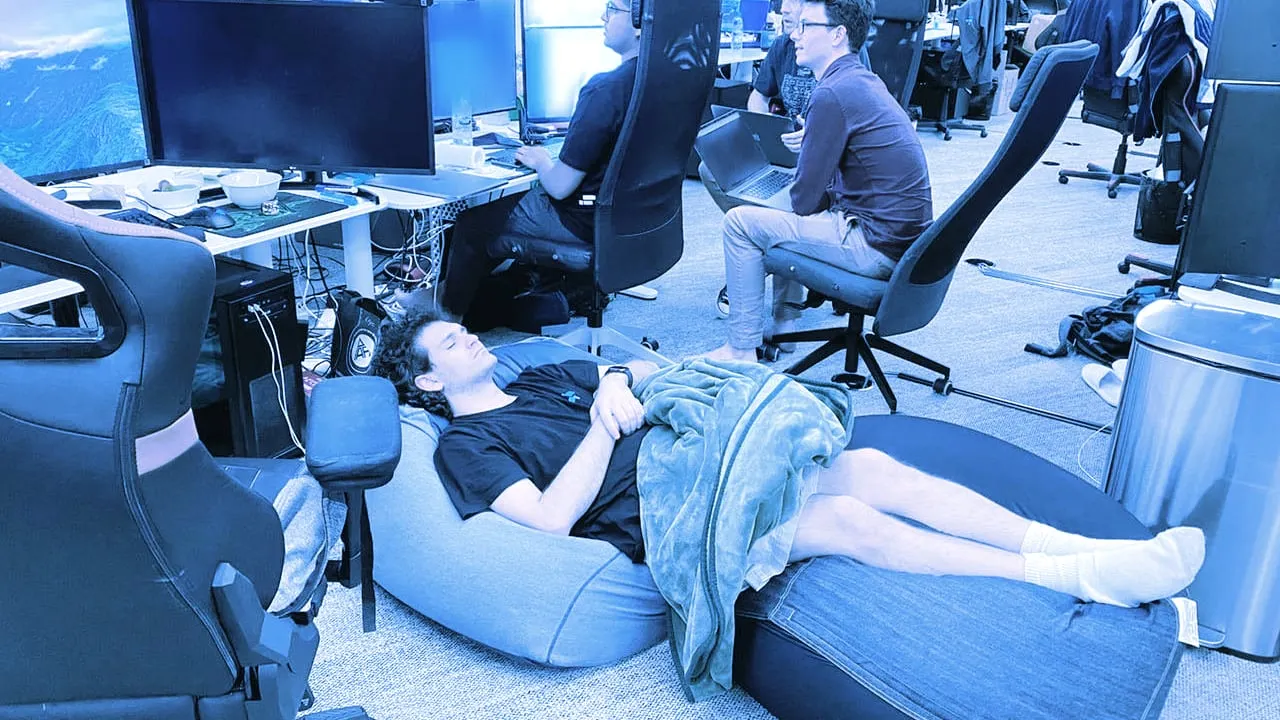The judge assigned to oversee the blockbuster criminal trial of Sam Bankman-Fried recused herself from the case late Friday, citing a potential conflict of interest stemming from the fact that her husband’s law firm previously advised FTX, Bankman-Fried’s now-defunct crypto exchange.
Federal judge Ronnie Abrams of the US District Court for the Southern District of New York formally withdrew from adjudicating the case on Friday afternoon, just one day after Bankman-Fried was released from custody to stay with his parents in their Palo Alto home as he awaits trial on eight criminal charges including wire fraud, conspiracy to commit money laundering, and violations of federal campaign finance laws.
Abrams’ husband, Greg D. Andres, is a partner at law firm Davis Polk & Wardwell, which advised FTX in 2021, according to Abrams’ order. Though Andres himself did not personally advise FTX, Abrams chose to recuse herself from the case “to avoid any possible conflict, or the appearance of one.”
The order also stated that Davis Polk & Wardwell previously represented parties “that may be adverse to FTX and Defendant Bankman-Fried,” though Andres allegedly did not represent those clients either.
A new judge from the Southern District of New York will now have to be selected to oversee Bankman-Fried’s trial. A timeline has not yet been established as to when that selection will be made.
Judges in such circumstances are typically randomly assigned to cases, and only excluded from consideration if there exists a potential conflict of interest.
It’s unclear why Abrams waited until now to recuse herself, given that her husband’s firm’s connection to FTX was likely not new information. Often, judges mulling whether to recuse themselves from cases discuss such matters with their district’s chief judge, an ethics committee, and research precedent before making a determination.
In court on Thursday, another judge, Gabriel Gorenstein, approved a deal for Bankman-Fried to be released from prison on a record-setting $250 million appearance bond. Bankman-Fried did not actually have to pay a dime to secure his release: that money is only owed to the court (by the fallen crypto mogul, his parents, and another yet-be-named signatory) if Bankman-Fried fails to show up for any future court date.
In the meantime, the once-billionaire, who spent less than a week in jail in The Bahamas after his arrest there last week before being extradited to the U.S. on Wednesday, has arrived home just in time for Christmas. He boarded a flight Thursday evening to California and was spotted using his laptop in the American Airlines business class lounge.
Judge Abrams’ recusal on Friday, while perhaps not extraordinary in itself, underscores the intricate interconnectedness of the upper echelons of America’s political, academic, and business elite, a theme well-trodden in the case of Bankman-Fried.
Bankman-Fried’s parents are both Stanford Law professors; Caroline Ellison, the ex-head of FTX’s sister trading firm Alameda Research, is the daughter of two MIT professors, one of whom was the supervisor there of then-MIT professor Gary Gensler, now the chairman of the SEC.
On Thursday, the SEC—which charged Bankman-Fried with defrauding investors earlier this month—revealed that Ellison and FTX co-founder Gary Wang are fully cooperating with the agency’s investigation into FTX, and pleaded guilty to a suite of charges.
Daily Debrief Newsletter
Start every day with the top news stories right now, plus original features, a podcast, videos and more.

